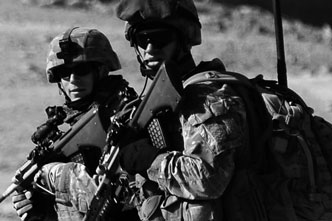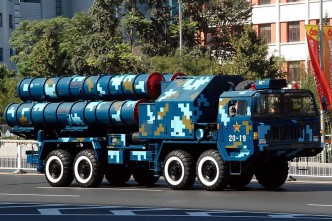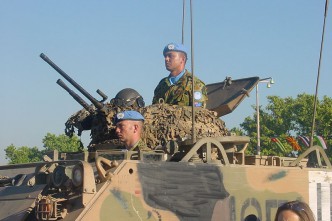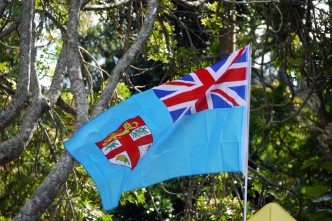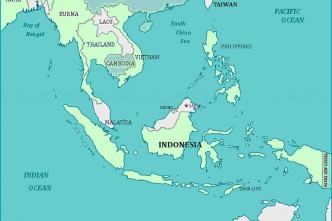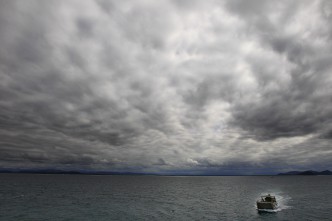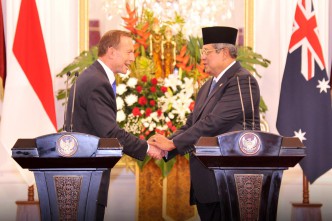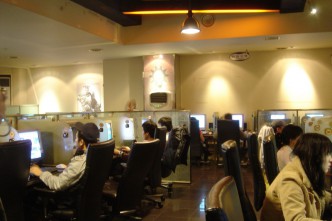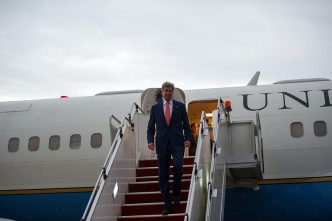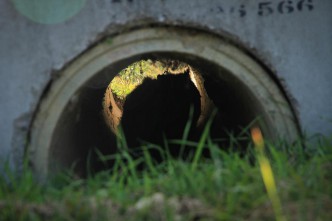The headline message from the recently released IPCC 5th Assessment Report (Climate change 2013: The Physical Science Basis) is pretty straightforward: Warming of the climate system is unequivocal, and since the 1950s, many of the …
No executive in charge of a major construction project should announce the scheduled date for the Queen to open the building until after it’s up and finished. This bit of British building lore drew its …
Turkey has announced plans to buy a long-range missile defence system (the HQ-9) from China, rather than NATO supplied Patriot missiles. Speculation is that the Chinese company (China Precision Machinery Export-Import Corporation) beat the Lockheed …
In thinking about whether Australia is a middle or pivotal power, Damien Kingsbury asks the best question: what would happen if Australia were to disappear? Andrew Davies provides an intelligent, thought-provoking response but I think …
Lost in the din of an election campaign has been a quiet but dramatic change by Australia—and New Zealand—in dealing with Fiji’s military regime. Australia’s then Minister for Foreign Affairs Bob Carr saw the constitution …
This month Indonesia had the dubious honour of becoming the cyberattack capital of the world. According to the second quarter Akamai report, Indonesia has surpassed China to become the preferred launching pad for 38% of …
South Korea’s economic rise is an amazing story. From a country devastated by the Korean War with a per capita gross national income (GNI) of $67, the Republic of Korea (ROK) has grown to the …
Chinese President Xi Jinping has been a busy man of late. Fresh from a whirlwind tour of central Asian states and international summits in September, he’s been on the road again—this time to Southeast Asia. …
The principal Liberal Party defence proposals at the recent election were to increase funding, deliver yet another White Paper and have yet another reform program. All pretty standard stuff really, especially as the other side …
Daniel Grant is to be congratulated for his interesting post on the limited prospects for Australia–Indonesia strategic cooperation. I have two comments in response. First, I think the piece underplays the idea of strategic cooperation …
At the Seoul International Cyberspace Conference last week, I was listening out for the big advances—if there were any—which had occurred since the previous conference in Budapest. (For what the International Cyberspace Conference process is …
Last month, ASPI and the Australian Department of Defence co-chaired the inaugural Northeast Asia Defence and Security Forum in Sydney. It was a wide ranging discussion, with a particular focus on how all parties could …
ASPI is examining how the Commonwealth government could bolster its contribution in the national fight against serious and organised crime. In addition to a proposal to build nation-wide capability, research for this paper has also …
Ask any specialist on Asian security to describe the strategic policies of China’s neighbours and you’re more likely than not to hear the word ‘hedging’ in the reply. As they become increasingly integrated with the …
The Abbott government has promised to write a new Defence White Paper within 18 months, and one of the key challenges it will face is considering the place of Indonesia in Australian defence thinking. As …
Today ASPI released a new report, Cold Calculations: Australia’s Antarctic Challenges, with contributions from a range of Australian experts on Antarctic issues culled from a series of posts here on The Strategist. It’s a timely …
As noted in my previous column on the changes the Abbott government is making to the Department of Foreign Affairs and Trade, the wombat tribe has lost ownership of Trade. That’s to say, the National …
This week the bare minimum of sanity has prevailed in Washington, with the GOP blinking at the last minute on the US shutdown. Further government borrowing will be allowed, and those closed parts of the …
Anthony Bergin’s recent post Is Australia a pivotal power? has sparked a lot of responses. Below are the latest submissions. We’re also happy to hear from readers who aren’t named Andrew. It’s only words Andrew Davies In …
With a new government taking charge, the proposal to build a fourth Air Warfare Destroyer (AWD) has re-emerged. Unsurprisingly, the loudest voices are those with a vested interest, including shipbuilders and shipyard unions. So far, …


